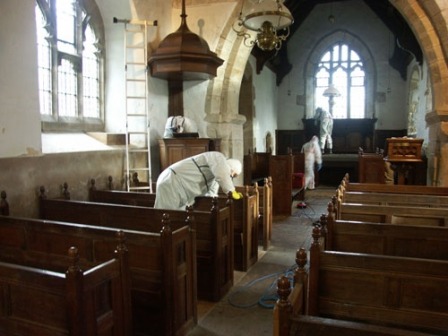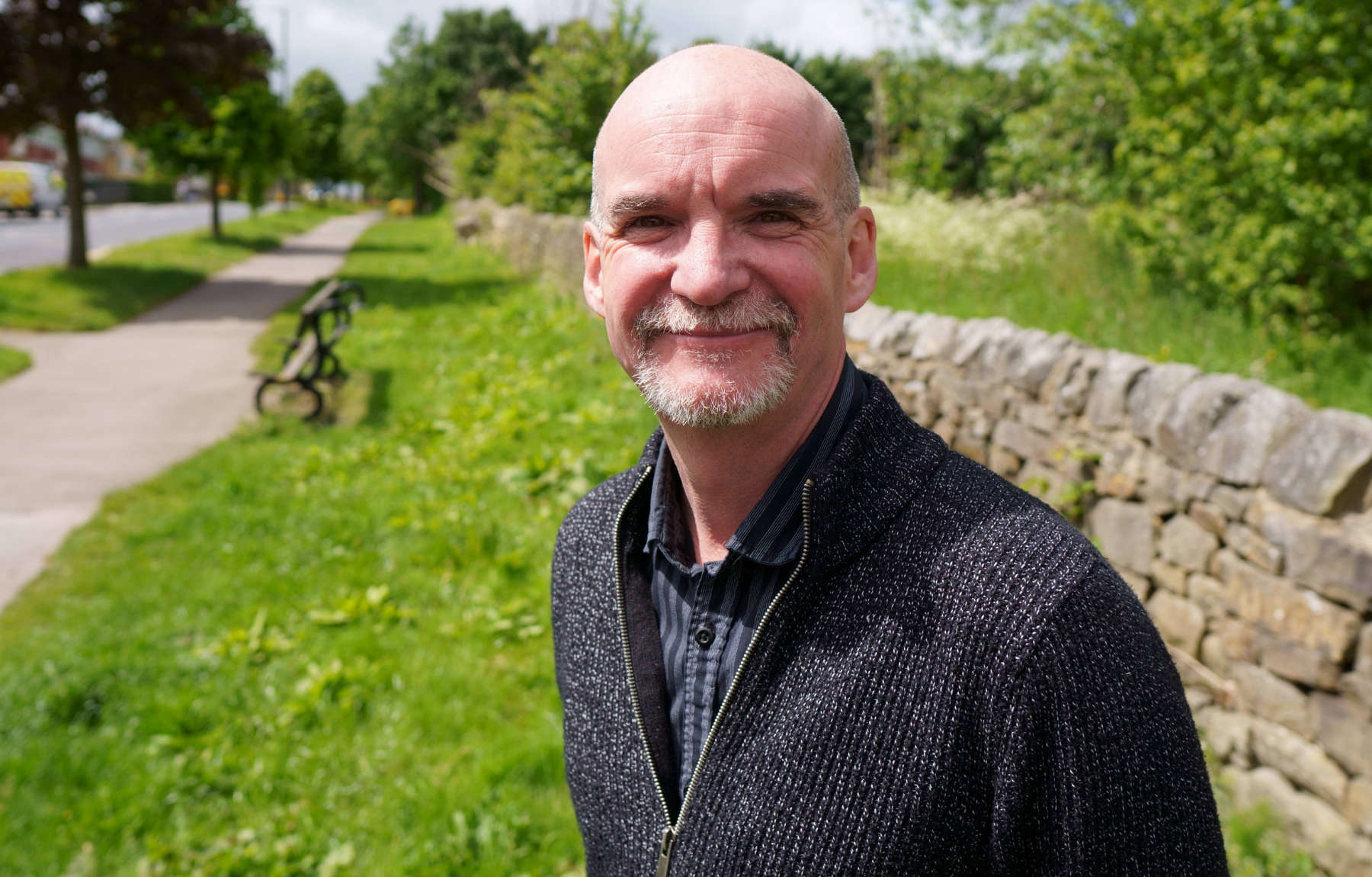
Thanks to the campaigning of Harrogate solicitor, Jonathan Mortimer of Raworths, St Hilda’s Church in Ellerburn near Pickering, North Yorkshire is celebrating relief from of a plague of bats in the church by re-opening for Advent and Christmas services.
St Hilda’s, which has been closed for some months as a result of a long-term infestation of bats, has been the subject of a lengthy campaign by church representatives and solicitor Jonathan Mortimer of Raworths to persuade Natural England to grant a licence to block up some of the access points which the bats have been using to colonise the body of the Church. The licence was finally granted in September and the access points have now been blocked by an expert acting on behalf of the Church in co-operation with Natural England. Whilst there will be ongoing monitoring of any activity by bats in the Church itself, many hundreds of bats will continue to live in the roof only.
The Church was closed in August of this year after 1,000 years of almost uninterrupted worship by a plague of bats which had caused very significant nuisance and damage to the interior of the Church. Services had been suspended inside the Church and the congregation had even resorted to holding an outdoor service for Harvest Festival.
Liz Cowley, the Church warden, had to declare that she had lost the battle to keep the church open:
The walls and floors were covered with bat droppings. They were even on the altar. Bat urine was sprayed throughout the Church so that nearly all the woodwork within the Church was damaged and pools of urine were found next to the lectern. The smell was atrocious. Some of our helpers had even become seriously ill as a result of coming into contact with the bat waste.
Bats are a protected species in accordance with The Conservation of Habitats and Species Regulations 2010 which makes it an offence to take any steps to disturb a bat roost without a licence. Jonathan Mortimer, solicitor, says:
I am pleased that after many years of campaigning by representatives of the Church that it has finally been possible to obtain a licence from the authorities and save the Church both for the local community and as an important part of our heritage. We must all keep our fingers crossed that the limited licence issued by Natural England will be sufficient next Spring when the bats return in greater numbers.
A major clean-up operation running into thousands of pounds has taken place to ensure that the Church can be used by the public once again. It took a specialist team of 5 people 2 days to complete a deep clean of surfaces while wearing bio-hazard suits, masks and goggles to remove all the waste left behind by the bats.
Liz Cowley said:
Nobody was allowed into the Church unprotected as a result of the toxic aerosol which is created when old bat droppings are disturbed. The clean-up gathered 13kg of bat droppings which will be incinerated in a controlled environment. My team of dedicated volunteers then followed on to polish wood and scrub stone. Further work will be required to restore the Church to its former glory next summer.
The Church is now preparing to re-open its doors to celebrate Advent and Christmas. The first service will be at 3pm on 11th December. There will also be Carols by Candlelight at 6.30pm on 21st December.
Mr Ashley Burgess, a representative for the Parochial Church Council said:
I am thrilled that the Church will be open for the important Christian festival of Christmas. I anticipate that this year we will not have to put up with being bombed by bats flying around the Church during our carol service as we have experienced in previous years.









What a lot of nonsense about a “toxic aerosol which is created when old bat droppings are disturbed.”
It is as well not to breath in large quantities of this material but there are many roosts in this and other countries that are cleaned by volunteers and the droppings are sold as a very effective fertiliser.
As to “Some of our helpers had even become seriously ill as a result of coming into contact with the bat waste.” , this must be unique in this country and would be an interesting study to find the reason.
I have been in contact with wild bats for over thirty years and had no problems at all. All the problems stem from contact with human beings.
BB
I understand that having to clean bat droppings and polish urine stained benches is not a nice job, particularly if this has to be done frequently, however, all owners of big bat roosts,be in a church or house, they are strongly advised to lay down plastic sheets over areas that are likely to be affected / spoilt by bats droppings. This makes clean up operations less labour intense and more cost effective.
I also gather, after today’s news 31/5/12 that the exclusion from the church was obviously unsuccessful. My motto is work with nature not against it, and let’s not forget that bats are fully protected under national and european law for a reason and they should never be addressed to as pests! CS